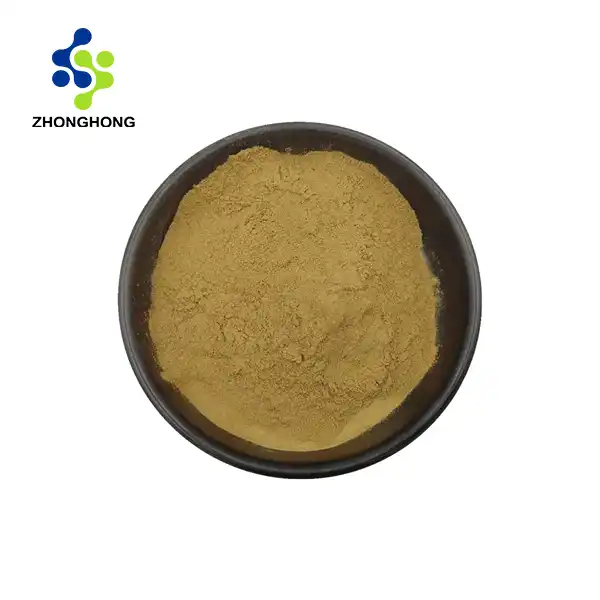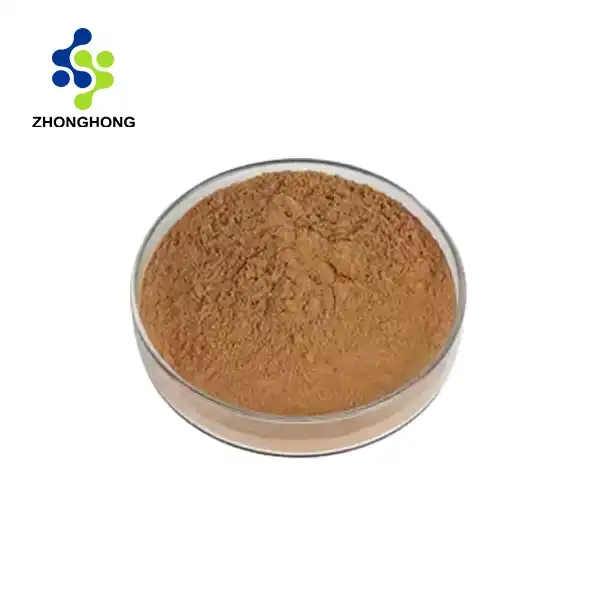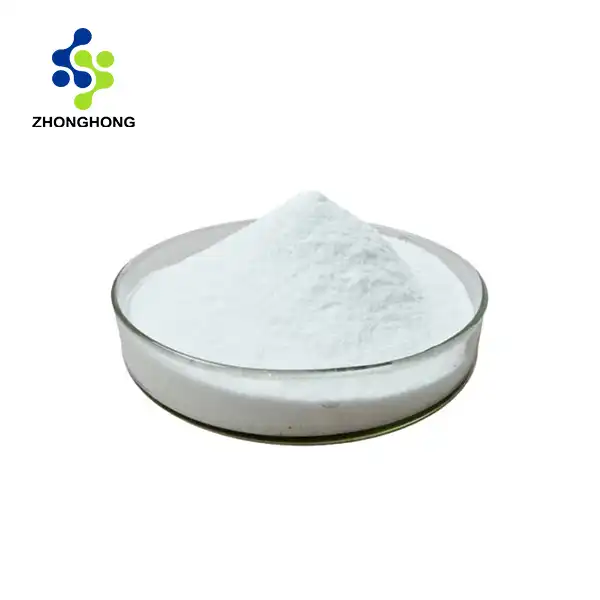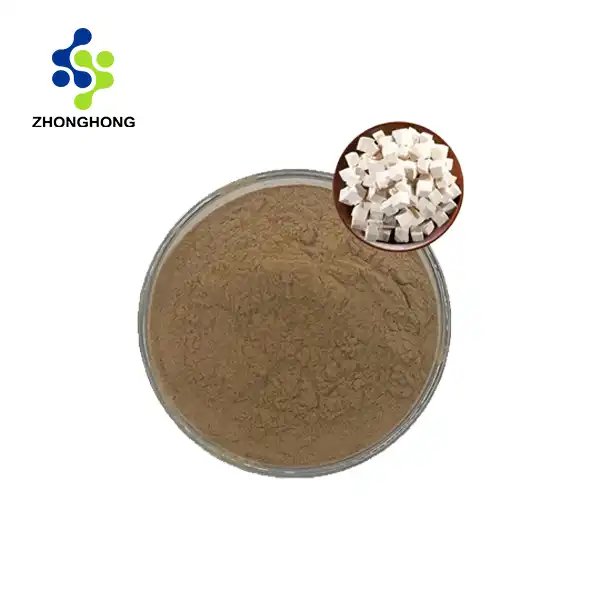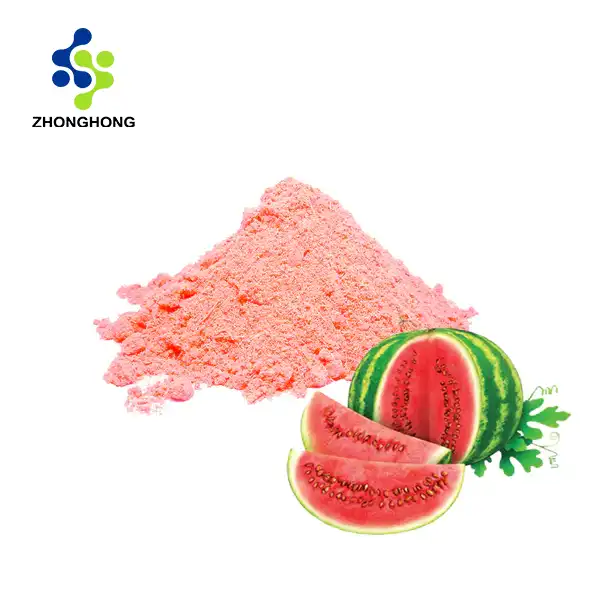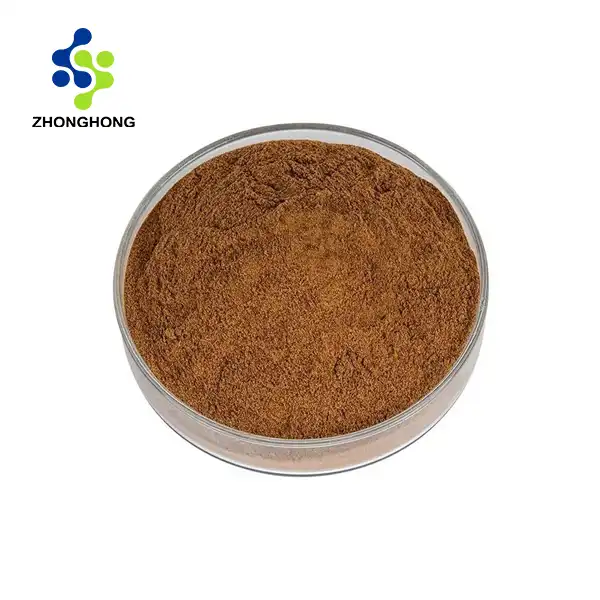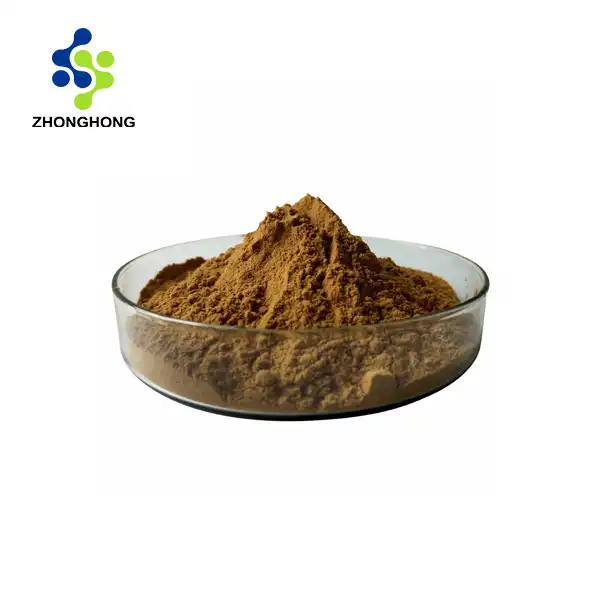Can oat beta glucan help with cholesterol?
2024-11-28 19:10:34
Oat beta glucan powder, a naturally occurring soluble fiber found in oats, has garnered attention for its potential to help manage cholesterol levels. Research suggests that incorporating oat beta glucan into your diet can have a significant impact on lowering LDL (bad) cholesterol. The fiber works by forming a gel-like substance in the intestines, which binds to cholesterol and bile acids, reducing their absorption into the bloodstream. This process not only helps reduce cholesterol levels but also promotes overall cardiovascular health. Oat beta glucan is recognized by health organizations, including the U.S. Food and Drug Administration (FDA), for its ability to reduce the risk of heart disease. Studies have shown that consuming around 3 grams of oat beta glucan per day can lower LDL cholesterol by 5-10%. This makes oat beta glucan powder a viable addition to a heart-healthy diet, particularly for individuals aiming to lower cholesterol naturally.
How Does Oat Beta Glucan Help with Cholesterol?
Oat beta glucan plays a significant role in managing cholesterol levels, primarily due to its unique ability to bind with cholesterol molecules and bile acids in the digestive system. When consumed, oat beta glucan forms a gel-like substance in the intestines that traps cholesterol. This binding prevents cholesterol from being reabsorbed into the bloodstream and promotes its excretion through the stool. By reducing the amount of cholesterol absorbed, oat beta glucan helps lower overall cholesterol levels, particularly LDL (low-density lipoprotein), often referred to as "bad" cholesterol. Additionally, oat beta glucan can stimulate the liver to use cholesterol for the production of bile acids, further contributing to a reduction in cholesterol levels in the body. Beyond its cholesterol-lowering effects, oat beta glucan is also beneficial in managing blood sugar. It slows the absorption of glucose from the digestive tract, which can prevent spikes in blood sugar levels after meals. This property is particularly beneficial for individuals with type 2 diabetes or those at risk, offering a dual advantage of both cholesterol and blood sugar management. As a natural, soluble fiber, oat beta glucan is an effective and safe dietary addition for improving cardiovascular health.
What Are the Other Health Benefits of Oat Beta Glucan?
Oat beta glucan powder offers a variety of health benefits beyond its ability to manage cholesterol. One of the most notable advantages is its immune-boosting properties. Research has demonstrated that oat beta glucan can enhance the immune response by activating key immune cells, such as macrophages, neutrophils, and natural killer cells. These cells play an important role in fighting off infections, improving the body's overall ability to resist pathogens, and supporting long-term immune health. Oat beta glucan also contributes to digestive wellness. As a prebiotic fiber, it supports the growth of beneficial bacteria in the gut. These friendly microbes are essential for maintaining a healthy gut microbiome, which can improve digestion, support nutrient absorption, and even influence mood and mental health.
In addition, oat beta glucan promotes satiety, helping individuals manage their weight. The fiber creates a sense of fullness, reducing hunger and minimizing unnecessary calorie consumption. This makes it a useful tool in weight management, helping to prevent overeating and supporting sustainable weight loss. With its combined effects on immunity, digestion, and weight management, oat beta glucan is a powerful supplement for overall health.
How to Incorporate Oat Beta Glucan into Your Diet?
Incorporating oat beta glucan powder into your daily routine is not only straightforward but also versatile, allowing you to enhance your meals or snacks with a nutritious boost. One of the simplest ways is to blend the powder into smoothies or protein shakes. Combine it with fruits like bananas, berries, or mangoes, and add some leafy greens or a scoop of protein powder for a balanced, nutrient-dense drink. The slightly thick texture of oat beta glucan powder can contribute to the creaminess of your smoothie, making it a satisfying and delicious option for breakfast or a post-workout treat. For breakfast lovers, adding oat beta glucan powder to your morning oatmeal or cereal is an excellent choice. Since oats naturally contain beta glucan, supplementing them with the powdered form intensifies its cholesterol-lowering benefits. A tablespoon of the powder can be stirred into hot oatmeal or sprinkled over cold cereal, providing a seamless way to elevate your meal's health benefits.
Baking aficionados can use oat beta glucan in muffins, pancakes, and bread. Replace a little amount of the flour with oat beta glucan powder to make healthier baked products without sacrificing flavor or texture. This superfood component may also be used to boost energy bars and homemade granola. Oat beta glucan is offered in capsules or tablets for people who prefer convenience. These supplements are perfect for people who want to satisfy their daily requirements without changing their eating habits. With so many alternatives available, including oat beta glucan into your diet may be as creative or as basic as you like, ensuring that your body benefits from its tremendous health-promoting effects.
Conclusion
Oat beta glucan powder is an effective and natural way to help manage cholesterol levels. By incorporating this soluble fiber into your diet, you can benefit from improved cardiovascular health, better blood sugar control, and enhanced immune function. Whether through smoothies, oatmeal, or other food products, oat beta glucan is a versatile addition to your daily routine. If you want to get more information about this product, you can contact us at liaodaohai@gmail.com.
References
1. Slavin, J. L. (2003). Dietary fiber and body weight. Nutrition.
2. Jenkins, D. J., et al. (2000). Oat β-glucan reduces blood cholesterol levels: A systematic review and meta-analysis. American Journal of Clinical Nutrition.
3. Spiller, G. A., et al. (1992). Effects of oat bran and oat β-glucan on blood cholesterol levels. American Journal of Clinical Nutrition.
4. Brown, L., et al. (1999). Cholesterol-lowering effects of soluble fiber. Journal of Nutrition.
5. McRae, M. P. (2014). The impact of soluble fiber on heart disease. Journal of Clinical Nutrition.
6. Zafar, T. A., et al. (2015). Role of dietary fiber in cardiovascular disease. Nutrition Reviews.
_1728976869676.webp)

